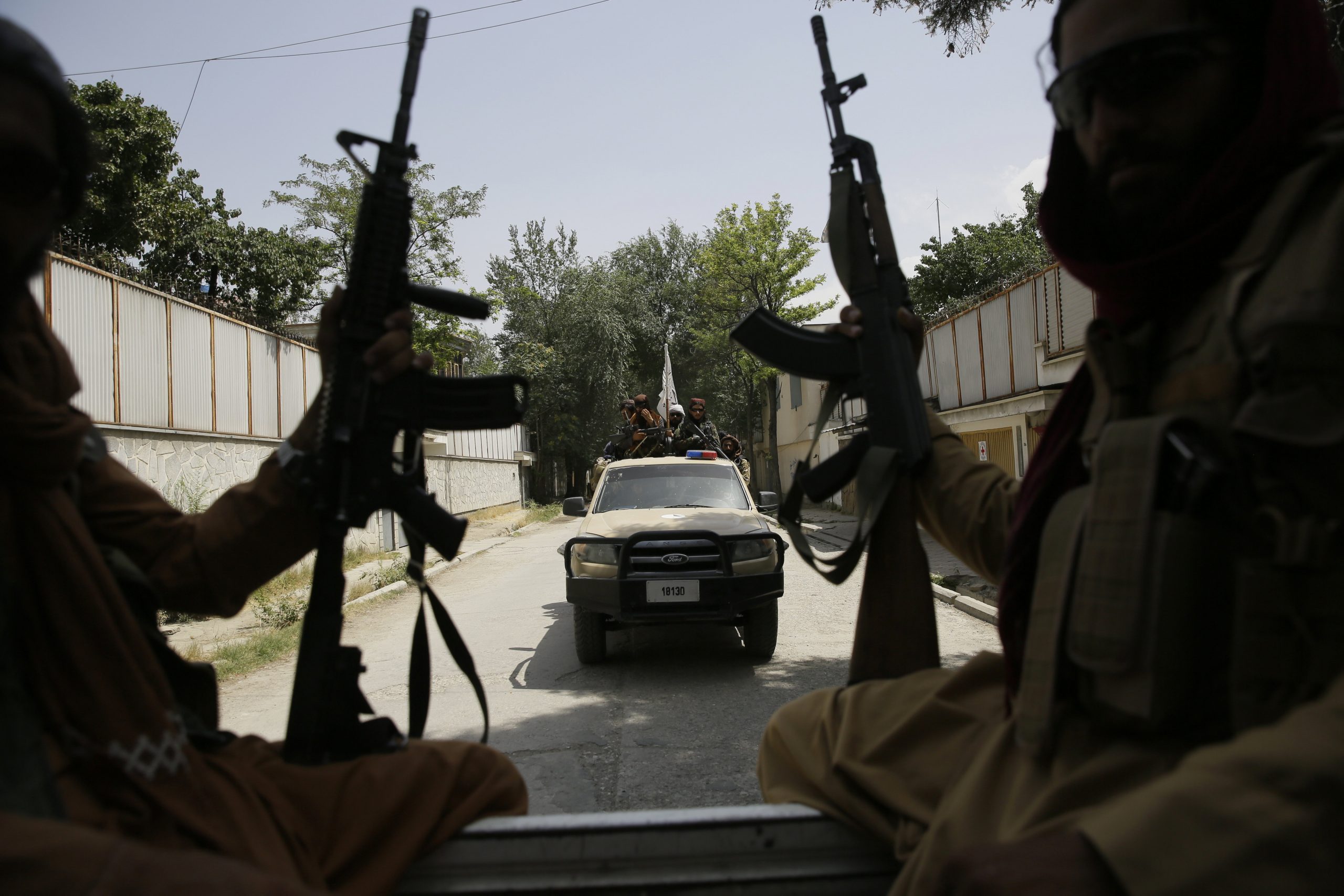
Commentators try to make sense of the collapse of the Afghan government and the victory of the Taliban, as US forces have not yet fully withdrawn from Afghanistan.
Hungarian press roundup by budapost.eu

In Magyar Hang Zsombor György, who paid three visits to Afghanistan when Hungarian troops were part of the NATO force there suggests that the US-backed regime crumbled simply because after so much suffering, the population, including soldiers, just wanted to live. Why should they sacrifice their lives for a regime they didn’t identify with? He asks.

In its front-page editorial, 168 óra describes what happened as a complete failure of the Western world, including the United States and NATO. The editors acknowledge that US Secretary of State Anthony Blinken had a point when he remarked that the original goal the US set itself was achieved. Al Qaeda was indeed mostly wiped out, and its leader Osama bin Laden was eventually hunted down. The problem is, 168 óra continues, that bin Laden was not defeated. On the contrary, over 10 years after his death, he is winning.

Jelen’s Gyula Krajczár believes that the Taliban were simply unbeatable. They could be ‘bombed into the ground’, forced to withdraw to mountain caves and many of them could be killed. Nevertheless, a new generation would always appear, and although they might change as time passes, they will invariably lead lives which we Westerners won’t like.

In Élet és Irodalom, Péter Wagner compares the sudden crumbling of the large Afghan army to the way Iraqi troops simply disappeared when attacked by a few hundred Islamist insurgents in Mosul in 2014. Just as in Iraq, Afghan commanders were often incredibly corrupt and drew money for operating non-existent units. Instead of being loyal to their country, they were loyal to their bank accounts overseas, he writes.

In Demokrata, editor András Bencsik describes the Taliban as a national liberation movement and asks why Afghans weren’t asked whether they wanted American-style democracy with LGBTQ rights and the like.
In the same weekly, Sayfo Omar warns of the danger of an unprecedented migration wave from Afghanistan. In its own best interest, he writes, Europe should try to live with the Taliban, which is not such a hopeless enterprise, as the new Afghan regime will need international legitimacy – and foreign aid.

In a similar vein, Heti Világgazdaság’s Imre Keresztes doesn’t object to the fact that China and Russia have already started establishing contacts with the Taliban as this might help normalize life in the country. Europe would benefit from a possible consolidation of the situation there, without which a huge flow of refugees would be unavoidable, he argues.

In Magyar Narancs, Áron Tábor basically agrees with the American decision to withdraw and finds it rational that instead of building roads in Afghanistan, President Biden launches a huge infrastructure project at home. Nevertheless, he believes airlifting out Afghan allies should have been a moral priority for the United States.
featured image via MTI/AP/Rahmat Gul